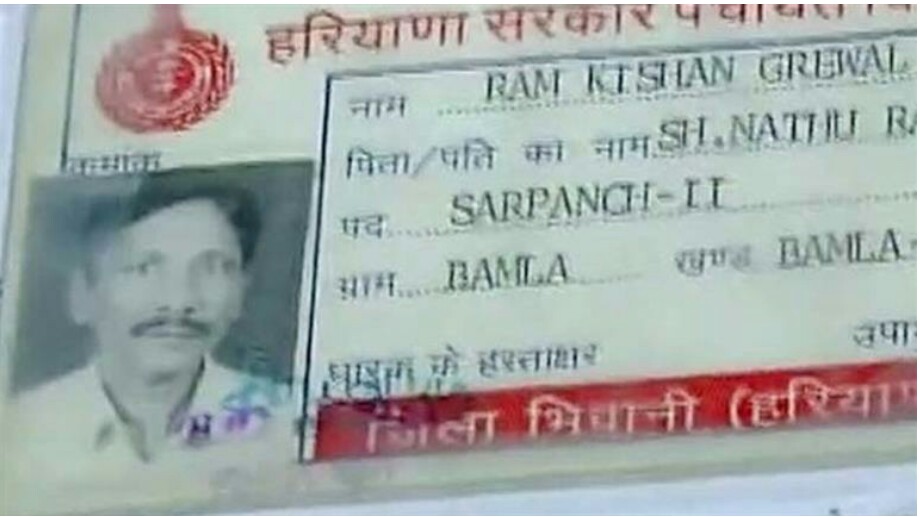A BLOW TO DEMOCRACY
A soldier committed suicide after serving in the Army for 30 years. He left a letter saying that he was taking his own life because of the government’s failure to implement its longstanding promise of One Rank One Pension. As has been the practice --- right or wrong --- ever since Independence political leaders sought to visit the hospital and also meet the bereaved family. Delhi Chief Minister Arvind Kejriwal and Congress vice president Rahul Gandhi were amongst those in the forefront.
It was at this point that the Delhi police, under the control of the central government, was let loose on not just the political leaders but also the family of the dead soldier. Minister and former Army chief VK Singh gave a quote to the media suggesting that the soldier might have been of unsound mind. The family members protested, with the soldier’s son joining some AAP demonstrators to express his anger. He was manhandled, kicked and detained in a police station in Delhi.
The Delhi Chief Minister sought to visit the police station to intervene, and his car was surrounded by the police who refused to allow him to move. Rahul Gandhi was detained twice, and was kept in the Tilak Marg police station. BJP spokespersons have appeared on television since, defending the indefensible.
The Citizen condemns this action, which is a direct blow on democracy. It has been the practice for long, as pointed earlier, for political leaders to visit bereaved families, particularly of the military. Politics over OROP is not being played by the Opposition parties, but by the central government that came to power promising full implementation of this. Despite the long agitations by ex-servicemen, protests and lathi charges, the government has not implemented OROP with the demands having been deferred to the Reddy Commission. Instead, just recently, the government issued a circular further lowering the ranks between the military and the civil service, with the former clearly at a disadvantage.
A legitimate demand of the military has been deliberately stalled with half steps, assurances and promises that have not been kept.
The powers being given to the Lt Governor of Delhi and the Delhi police to undermine a duly elected government is not healthy for democracy. The deployment of the police to detain senior Opposition leaders and head of the state government goes against the democratic principles of India. And strikes at the federal nature of the Indian Constitution.
The Army belongs to the nation and its people, and cannot be the preserve of any one political party. The military is drawn from the people. However, the surgical strikes against Pakistan became the matter for electoral posters pasted across Uttar Pradesh by the BJP. And the MNS in Maharashtra demanded the payment of Rs five crores into the Army Welfare Fund to allow the screening of a movie. This was stopped after a storm of protest from retired and serving military officers who made it clear that the Army would not accept ‘extortion’ money.
The veteran soldiers son has said that his father had gone to meet the Defence Minister but was not able to. The soldier has been fitted into a mould of nationalism, but is not seen as an individual with needs and problems. This has been one of the main concerns of officers leading the soldiers, with the Kargil conflict also exposing the dire lack of equipment with which the Indian jawans had to fight the Pakistan soldiers ensconced at the heights. Even snow shoes that could withstand the climate and the terrain were not available for the Indian soldiers at the time. The situation remains the same today, if not worse, and perhaps it is time for the government of India---today and later---to shift the focus to the soldier as a human being whose concerns need to be addressed, and not just a cog in a militaristic nationalism wheel.





